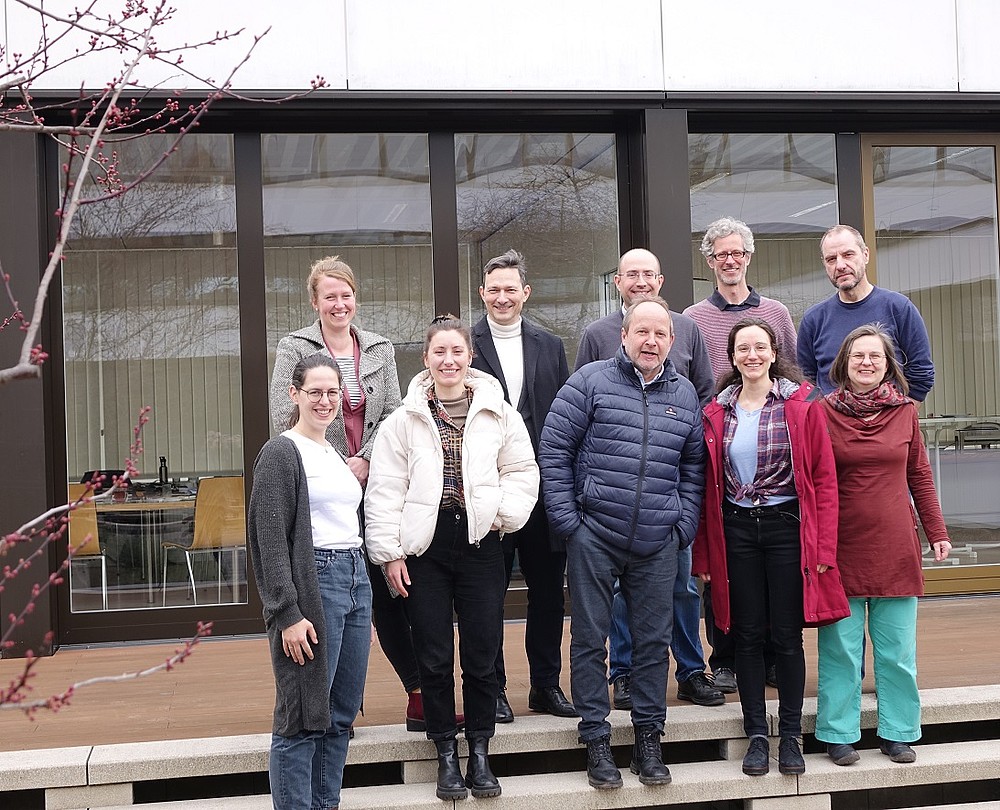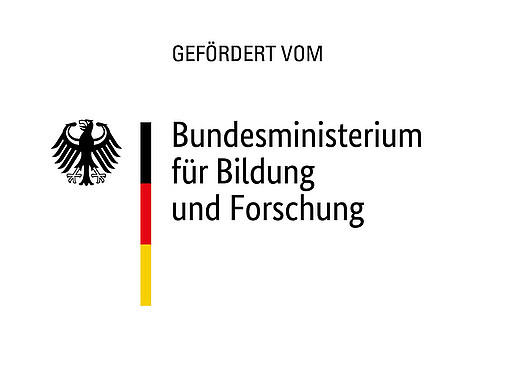Kick-off workshop of all partners of the ATRAKTIV project on March 6 and 7, 2023 in Dresden.

What roles do innovations play in regional transformation processes towards sustainability? How must the traditional understanding of innovation be expanded in order to make these processes more comprehensible? What elements make up innovation systems that are regionally and transformatively oriented?
The scientific partners discussed these and other questions at the ATRAKTIV project's kick-off workshop on March 6 and 7. The aim of the workshop at the Leibniz Institute of Ecological Urban and Regional Development (IOER) in Dresden was to develop a common understanding of terms. Regional-geographical perspectives were combined with discourses on transformative capacities and endogenous regional development. The results of the workshop will be used as a basis for new perspectives on regional innovation processes in the further course of the project.
The originality of the research idea in the project lies in the conception of an extended frame of reference for recording and evaluating regional innovation systems. To this end, the project introduces the concept of transformative innovation systems, which entails new requirements for innovation policy that are to be worked out in the course of the project. In our view, innovation systems are transformative if the innovations they produce can contribute to fundamental social change in the direction of sustainable development. Here, we draw in particular on the models developed in transition research on "transformative social innovations" or "transformative innovations" in general, as well as the concept of "transformative capacities".
The project has three main objectives. Firstly, the project aims to move away from the traditional understanding of structural weakness and (economic) innovation capacity and create a new, broader frame of reference based on the mission-oriented understanding of innovation systems. Secondly, it aims to empirically examine which innovation patterns and dynamics are present in these regions according to the developed framework and how they can be evaluated/measured on the basis of and in cooperation with four regions characterized as "structurally weak" . Thirdly, building on this, it aims to develop concrete governance approaches, methods and instruments that support regions in increasing their transformative capacities and activating and strengthening regional sustainability-oriented innovation systems.
What characteristics distinguish transformative from non-transformative innovation systems and how can the social innovation capacity to shape transformative change be determined? How do the characteristics of such systems differ in "structurally weak" regions? Which spatial and temporal innovation patterns and dynamics of transformative innovation systems can be identified and what role do endogenous and contextual factors play in the selected regions?
Introduction and development of the concept of the transformative regional innovation system. Integration of approaches from four areas: Transformation research, innovation geography, sociology and research on alternative engagement and business structures. Application and testing of the integrative approach to four peripheral regions in Germany using transformation research methods.



